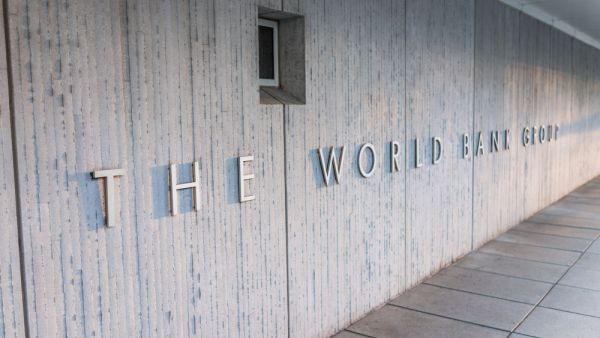The World Bank has extended the Country Partnership Framework (CPF) for Jordan by an additional year (through fiscal year 2023) to support Jordanians through the crisis and to promote key reforms for investment-led growth and job creation.
While Jordan has maintained a fragile balancing act despite mounting regional and domestic pressures over the CPF period, its economy has been hit hard by the Covid-19 pandemic amid already low growth, high unemployment and growing debt. According to World Bank analysis, the Jordanian economy contracted by 1.6% in 2020; and unemployment rose to 24.7% in the fourth quarter of 2020, with youth unemployment rates reaching an unprecedented 50.0%.
World Bank’s Performance and Learning Review (PLR) updates the CPF in response to the crisis by adding a new pillar to the World Bank Group (WBG) strategy on 'Covid-19 pandemic – supporting an effective response and resilient recovery'. Over $1.1 billion has been mobilized in additional financing and new and pipeline projects under preparation to support Jordanians weather the impacts of the Covid-19 crisis and to build back greener and better.
This includes emergency health and vaccine support, cash transfer programs to support vulnerable households and workers, support to sustain businesses and preserve jobs and livelihoods, and support to promote public and private investments in a climate-resilient and inclusive recovery.
The Minister of Planning and International Cooperation of Jordan said: “We appreciate the long-standing partnership with the WBG in supporting the Government of Jordan in implementing its reform agenda with the aim of achieving economic growth and development through enhancing the business environment for attracting investment, as well as to unlocking the potential of private sector engagement to contribute to sustainable economic development and thus creating job opportunities for women and youth."
Minister Shraideh added: “The importance of the WBG role in supporting Jordan in responding to the Covid-19 crisis, especially in the social protection and health sectors, as well as through strengthening the resilience of the economy and supporting the Government of Jordan’s efforts toward economic recovery."
"The WBG is committed to adapting its program to support Jordanians to weather the multiple layered impacts of the Covid-19 crisis, including impacts on their health, education and livelihoods," said Saroj Kumar Jha, World Bank Mashreq Regional Director.
"Our role as the WBG is also to support Jordan to build back better, with a mid- to longer-term view on how to promote reforms for investment-led recovery and growth that engages the private sector, promotes sustainable job creation particularly for women and youth, and takes advantage of the potential of green and climate-resilient recovery.”










